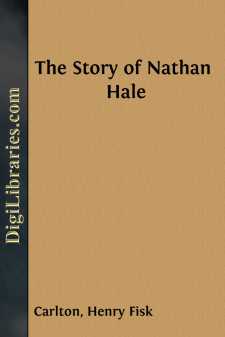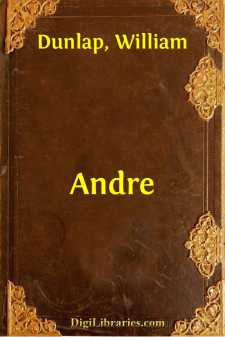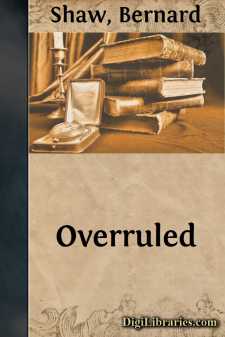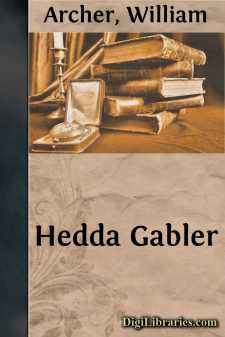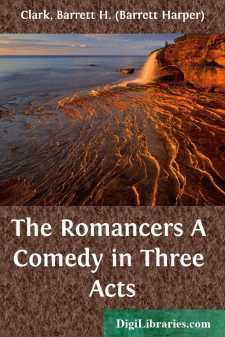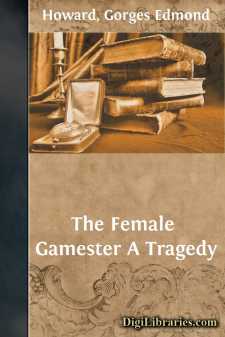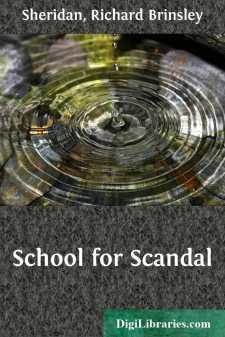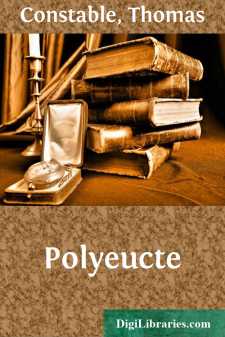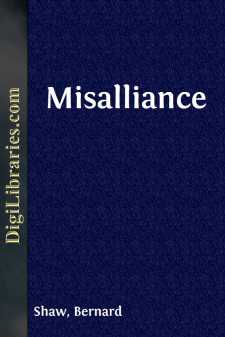Drama Books
Sort by:
CAST CAPTAIN NATHAN HALECAPTAIN WILLIAM HULLGENERAL WASHINGTONBOS'NLIEUTENANT PONDSIMON CARTERLIEUTENANT DREW [BRITISH]MRS. CHICHESTERCAPTAIN MONTRESSORPROVOST MARSHAL CUNNINGHAM We present here the story of the famous Revolutionary hero and martyr, Nathan Hale. For the first scene of our sketch, let us go to General Washington's headquarters in New York City. It is early September of the...
more...
by:
William Dunlap
WILLIAM DUNLAP: (1766-1839) The life of William Dunlap is full of colour and variety. Upon his shoulders very largely rests the responsibility for whatever knowledge we have of the atmosphere of the early theatre in America, and of the personalities of the players. For, as a boy, his father being a Loyalist, there is no doubt that young William used to frequent the play-house of the Red Coats, and we...
more...
by:
Bernard Shaw
THE ALLEVIATIONS OF MONOGAMY. This piece is not an argument for or against polygamy. It is a clinical study of how the thing actually occurs among quite ordinary people, innocent of all unconventional views concerning it. The enormous majority of cases in real life are those of people in that position. Those who deliberately and conscientiously profess what are oddly called advanced views by those...
more...
by:
William Archer
From Munich, on June 29, 1890, Ibsen wrote to the Swedish poet, Count Carl Soilsky: "Our intention has all along been to spend the summer in the Tyrol again. But circumstances are against our doing so. I am at present engaged upon a new dramatic work, which for several reasons has made very slow progress, and I do not leave Munich until I can take with me the completed first draft. There is little...
more...
ACT I SCENE: The stage is divided by an old wall, covered with vines and flowers. At the right, a corner of BERGAMIN's private park; at the left, a corner of PASQUINOT's. On each side of the wall, and against it, is a rustic bench. As the curtain rises, PERCINET is seated on the top of the wall. On his knee is a book, out of which he is reading to SYLVETTE, who stands attentively listening on...
more...
ACT I. SCENE I. Mr. ANDREWS's house. Enter MARIA and THOMAS. MARIA. But why these moping, melancholy looks?Each eye observes and marks them now unseemly,Whilst every countenance but your's speaks joy,At the near wedding of our master's daughter.Sure none so well deserv'd this noble prize:And young lord Weston will be bless'd indeed. THOMAS. It has been countermanded. MARIA....
more...
SCENE I.—The Library Enter SURFACE and SERVANT SURFACE. Mr. Stanley! and why should you think I would see him?— you must know he came to ask something! SERVANT. Sir—I shouldn't have let him in but that Mr. Rowley came to the Door with him. SURFACE. Pshaw!—Blockhead to suppose that I should now be in a Temper to receive visits from poor Relations!—well why don't you show the Fellow...
more...
ACT IV SCENE I. London. Before the Tower [Enter, on one side, QUEEN ELIZABETH, DUCHESS of YORK, and MARQUIS of DORSET; on the other, ANNE DUCHESS of GLOSTER, leading LADY MARGARET PLANTAGENET, CLARENCE's young daughter.]DUCHESSWho meets us here?—my niece Plantagenet,Led in the hand of her kind aunt of Gloster?Now, for my life, she's wandering to the Tower,On pure heart's love,...
more...
by:
Thomas Constable
INTRODUCTORY NOTE Pierre Corneille was born in Rouen in 1606, the son of an official; was educated by the Jesuits, and practised unsuccessfully as a lawyer. His dramatic career began with the comedy of "Melite," but it was by his "Medee" that he first proved his tragic genius. "The Cid" appeared in 1636, and a series of masterpieces followed—"Horace," "Cinna,"...
more...
by:
Bernard Shaw
MISALLIANCE Johnny Tarleton, an ordinary young business man of thirty or less, istaking his weekly Friday to Tuesday in the house of his father, JohnTarleton, who has made a great deal of money out of Tarleton'sUnderwear. The house is in Surrey, on the slope of Hindhead; andJohnny, reclining, novel in hand, in a swinging chair with a littleawning above it, is enshrined in a spacious half...
more...


